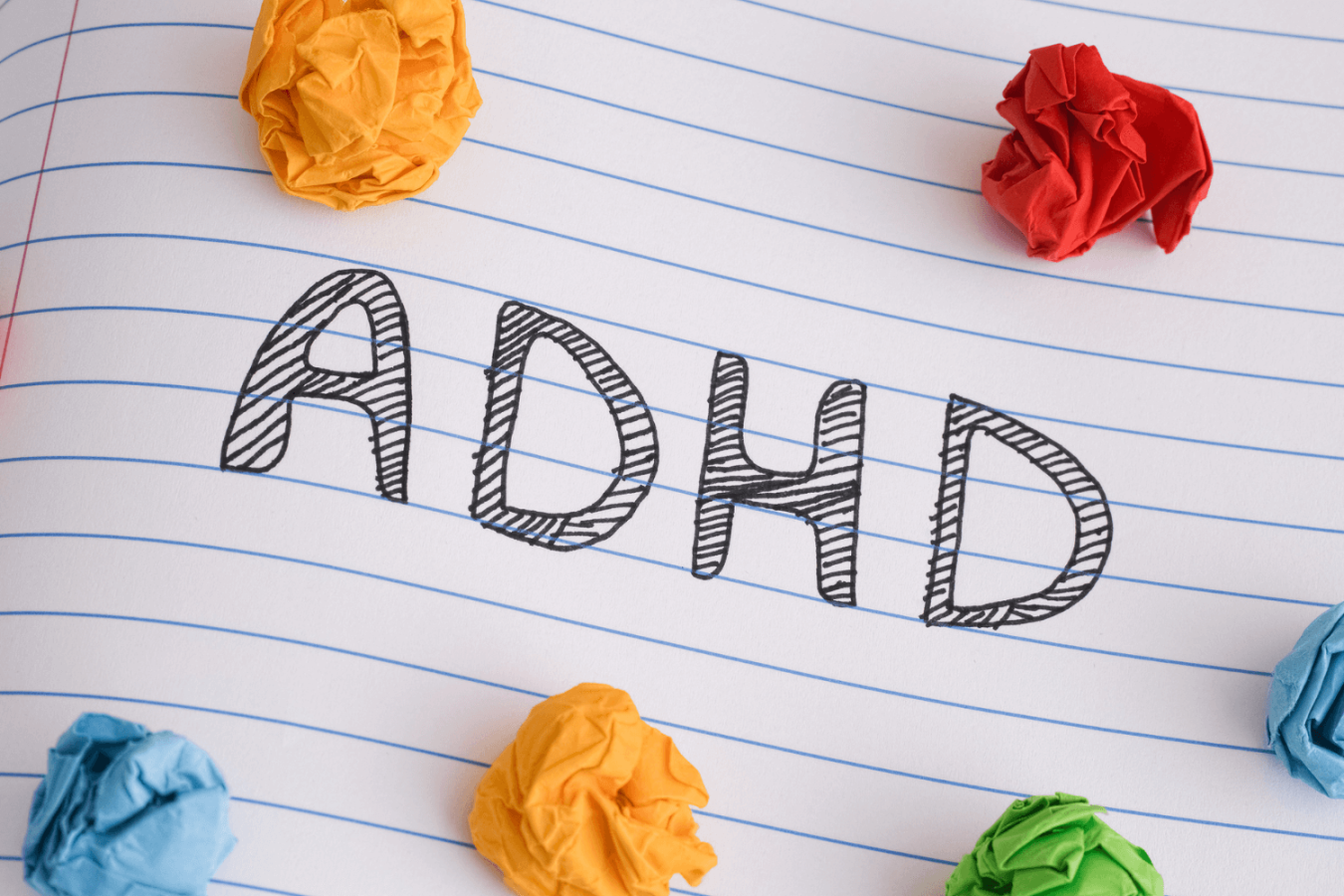
The ability to concentrate and pay attention are skills children learn as they grow, says childhood development expert Dr Michael Nagel. But there are ways to help them while you wait.
One of the most intriguing and, at times, frustrating aspects of raising and educating children is the disparity between a child’s capacity to maintain attention and concentration and the expectations parents and teachers have of that skill.
I use the word ‘skill’ purposefully. As adults, attention and concentration are characteristics of the mind that we use everyday, often with little effort and without really noticing them unless we are tired or unwell. These skills help us to select and focus on what is important, ignore irrelevant or distracting things that we don’t need to pay attention to and maintain or sustain our effort or attention over time.
Sometimes we need to pay attention to two or more important things at the one time, and may need to switch back and forth between activities quickly. An important consideration here, is that like many other skills, attention and concentration are things that improve as our brains mature and develop.
Attention improves with age
Children, tweens and teens have limitations to their attention due a brain that is not fully mature until well beyond their twentieth birthday. A child’s attention improves with age.
However, it is important to note that some children may show difficulties in attending to tasks or concentrating on their studies and other activities. Compared to other children they appear more easily distracted and this can be very frustrating for all.
Troubles with attention may also mean that something is not quite right in the world of the child. It is important for parents and teachers alike to be aware of what may be derailing attention to help alleviate the frustration of both the children and adults around them. Here are some things to keep in mind, so pay attention!
Signs of stress to look out for
First, attention and concentration are not the same thing. Simply speaking, attention is a complex brain system that selects and temporarily focuses on key emotionally important elements in the world around us while concentration is the ability to focus on a specific task for a reasonable period. Both attention and concentration are powerfully influenced by a child’s current emotional state as well as their overall development.
A child who is anxious, depressed, worried, angry, sad, frustrated, traumatised or otherwise distressed will find it difficult to pay attention or concentrate on schoolwork or other related activities.
In other words, emotions and stress will impact on attention and concentration and as such it is important to recognise that when you see attention or concentration problems in children this may be a sign that there is something troubling or stressing that child.
Here are some signs and symptoms that might indicate that all is not right in the world of a child:
- difficulty completing classroom work or household chores, due to lack of productivity or remembering things
- avoiding writing or reading
- failing to meet deadlines while completing classroom tasks and assignments
- making noises, being disruptive, disturbing peers or siblings and looking forlorn and lost.

Other factors that can sap attention
The signs above are not an exhaustive list and need not be something to be overly alarmed about for they can be attended to if we consider what might be causing the problem.
Here are a list of things that can contribute to the symptoms above as well create stress and impact on attention and concentration:
Not enough sleep: Tiredness and fatigue that occur because of insufficient sleep could be very good reasons for deficits in attention and concentration.
Personal issues: If a child has an agitated mind, he or she may find it very difficult to concentrate on important things like classroom studies. Peer pressure and an inability to perform better in the classroom may also affect a child’s ability to concentrate and be attentive.
Lack of motivation and absence of interest: If a child loses interest in school, he or she may lose concentration very easily. Lack of motivation is another factor that has a lot of bearing on a child’s ability to develop the power of concentration. This often occurs with children who have advanced skills or capabilities in a particular subject and are simply bored with what they are doing.
Health status: Weak health status could be one of the important reasons for a child to lose focus and concentration. Weak glandular functions, dehydration and bad eating habits may also contribute to poor levels of attention and concentration.
Ambient conditions: Intensive activity, extreme noise and disturbing surroundings could be other factors that could affect a child’s ability to pay attention. The overall
temperature of a room can also have a direct impact on a child’s ability to concentrate. Recent studies have shown that when the ambient temperature of a room hits 27 degrees, comprehension and concentration begin to diminish markedly. Turns out the optimum temperature for learning is 22 degrees.
Lack of exercise: Children need optimal amount of exercise per day to rejuvenate their body and mind. Exercise is not only good for the body but it is like Miracle-Gro for the brain.
Little changes can have a big impact
It should be apparent that like so many things that can impact on how well a child does at school or at home, it doesn’t take much to make things better. A little extra sleep, some exercise and good food can make a world of difference.
If a young person in your midst is struggling to concentrate, pay attention or is disturbing others, this may not necessarily be a behaviour or medical issue but rather the result of something easily attended to. It is important for parents and teachers to keep this in mind without focusing too much of their own attention on the behaviour itself.
About the author
Dr Michael Nagel is an Associate Professor at the University of the Sunshine Coast where he teaches and researches in the areas of child and adolescent development, behaviour and learning. He is the author of more than twenty books on educational psychology and child development.
DR NAGEL'S WEBSITEStay up to date with our newsletter here


